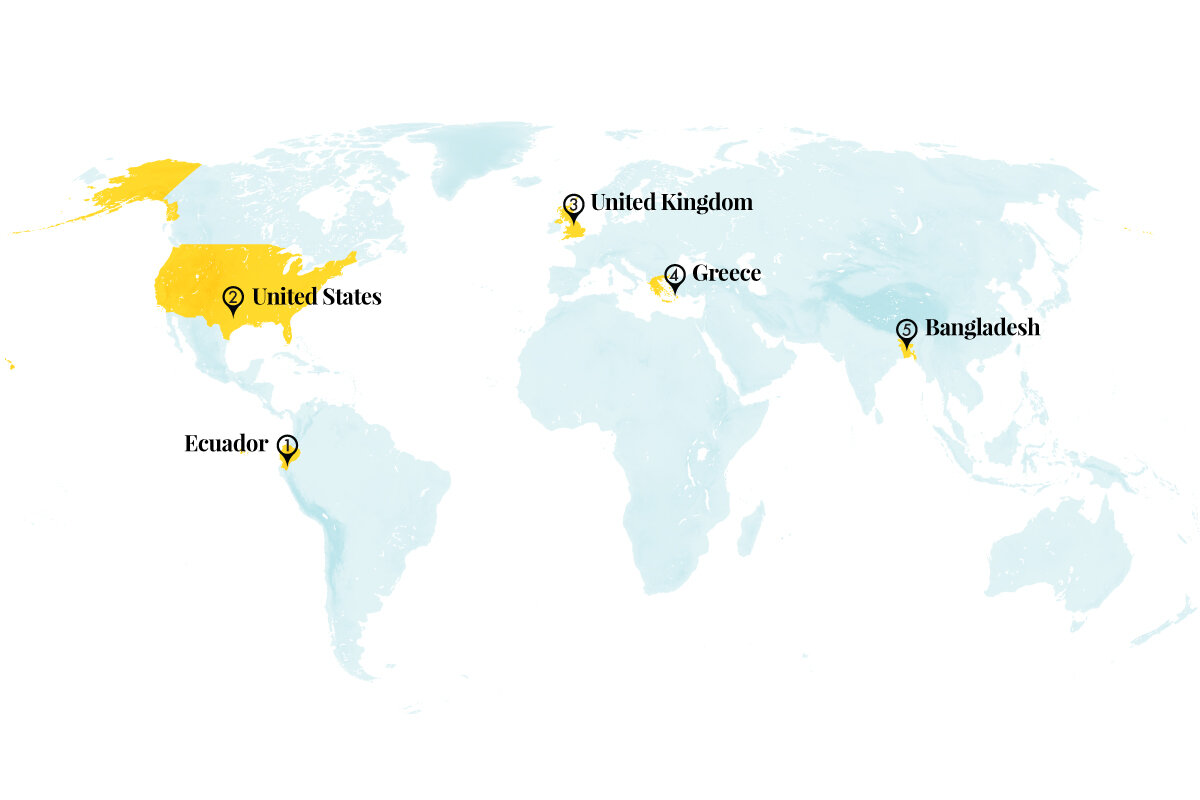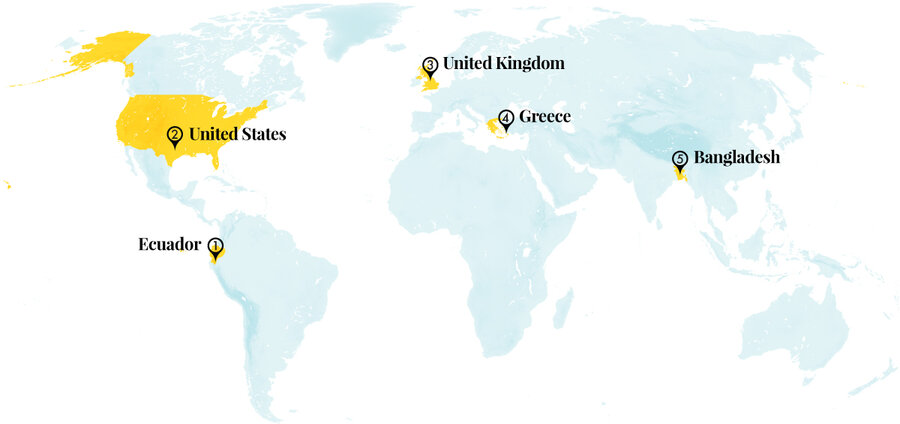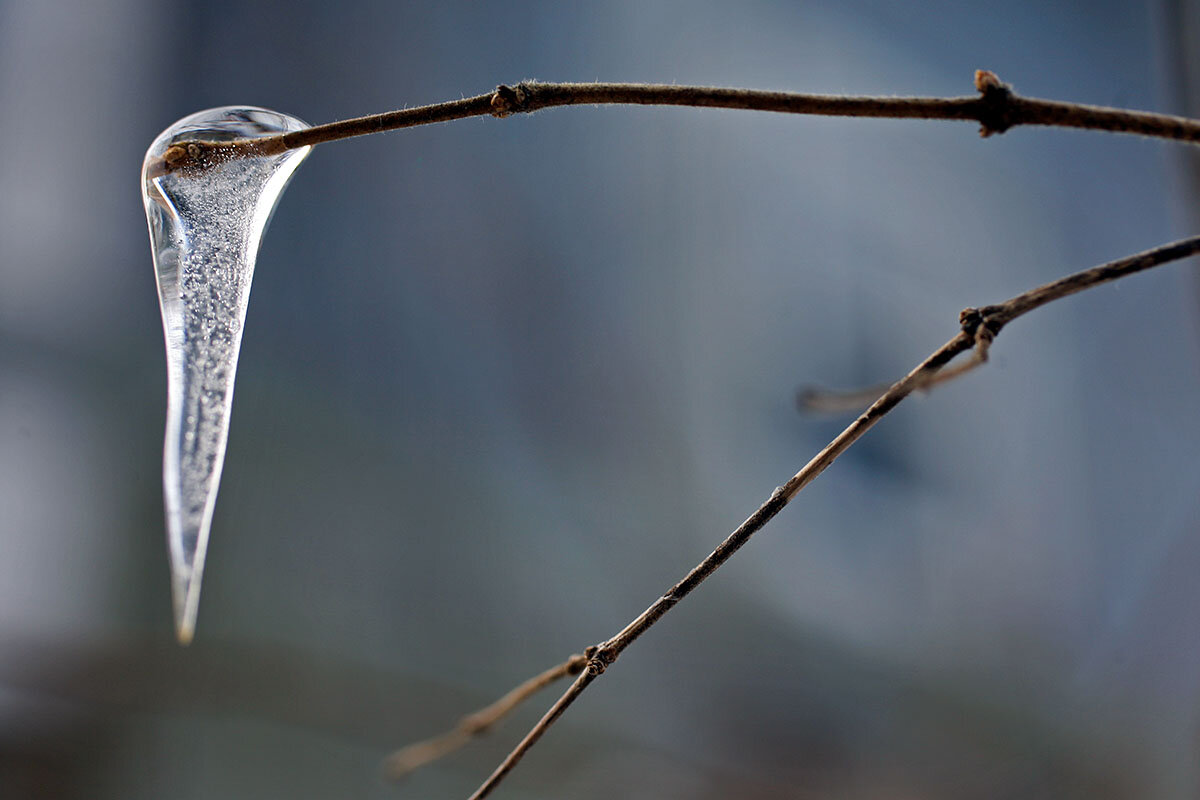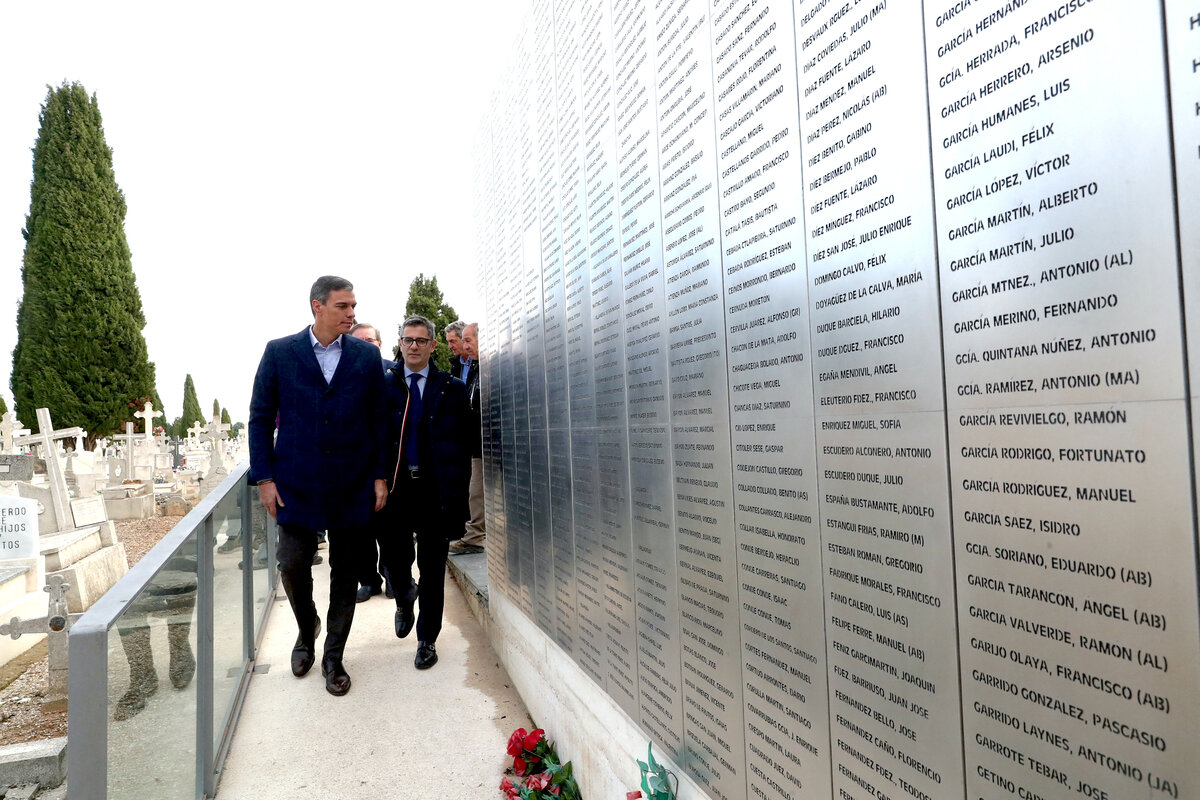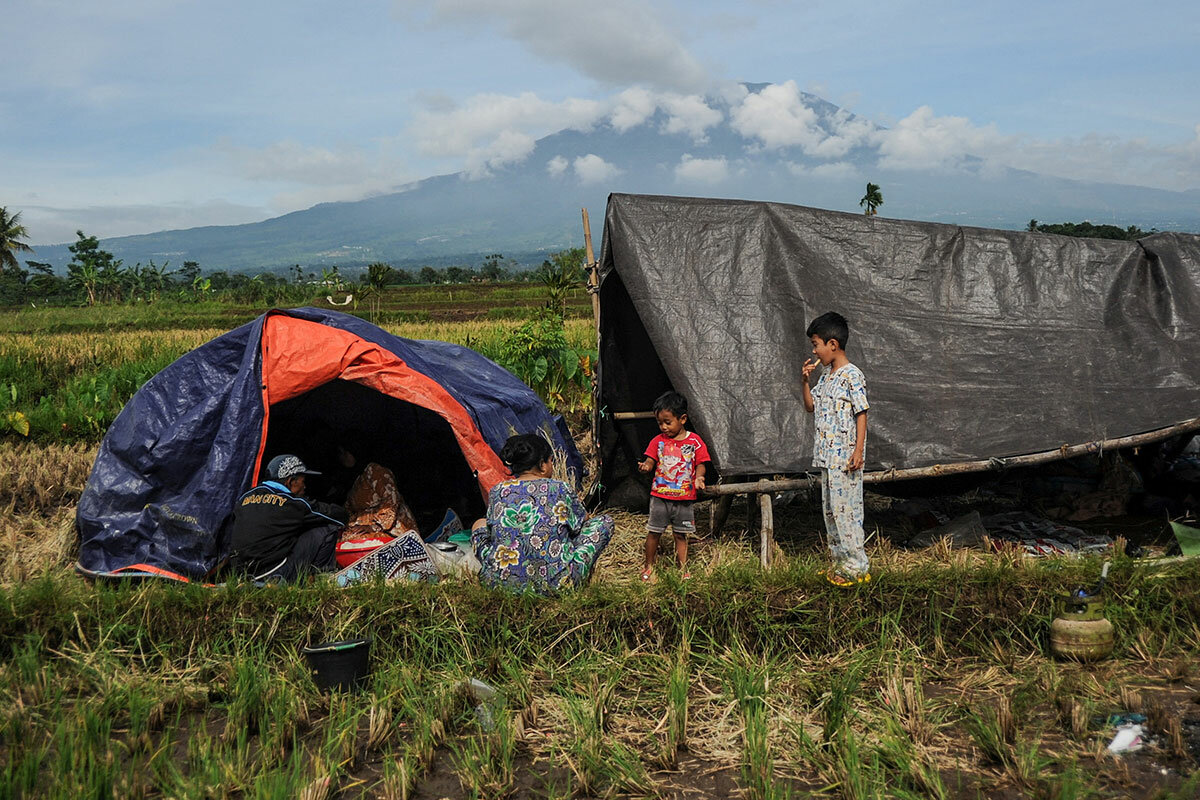Democrats campaigned on abortion rights – and it worked, helping the party beat midterm expectations. They’re likely to maintain that focus, even as the issue competes with other concerns.
Monitor Daily Podcast
- Follow us:
- Apple Podcasts
- Spotify
- RSS Feed
- Download
 Mark Sappenfield
Mark Sappenfield
I’ve never thought of the Monitor as a prize-driven news organization. Our founder, Mary Baker Eddy, said our object is “to injure no man, but to bless all mankind.” Those are our marching orders.
Yet awards matter. They show that we are bringing light to topics in need of it, and that we continue to be an important and influential voice. On Nov. 21, the National Press Foundation awarded its Everett McKinley Dirksen Award for Distinguished Reporting of Congress to our Christa Case Bryant.
Our letter nominating her was clear. Christa’s nomination was founded on the Monitor’s views of journalistic fairness. It was a lesson she began to learn as the Monitor’s Middle East correspondent. “Crisscrossing the Israeli-Palestinian divide ... she found a humanity that challenged caricatures,” the letter stated.
Doing that in her own country was harder, especially when the Capitol was attacked in her first week as congressional correspondent. But “to her, the Jan. 6 assault underscored a stark crisis for journalism: The vital importance of regaining the trust of all Americans without soft-pedaling misinformation,” her nomination continued. “Hit too hard, and you ignore concerns fueling such misinformation, leading to perceptions of myopic elitism. Don’t hit hard enough, and you’ve failed in your duty to tell the truth.”
The result was journalism that the award judges called a “gut punch.” One of Christa’s articles – about efforts to diversify congressional staff, showed the trust she gained with sources. “She did the story that nobody else could do,” one judge said.
“Christa’s approach,” our nomination concluded, “contributes powerfully to a journalism that can build trust and engage – not further divide – readers.” The award is a reminder of the appetite for this different approach, and the Monitor’s important role in helping to lead the way.







